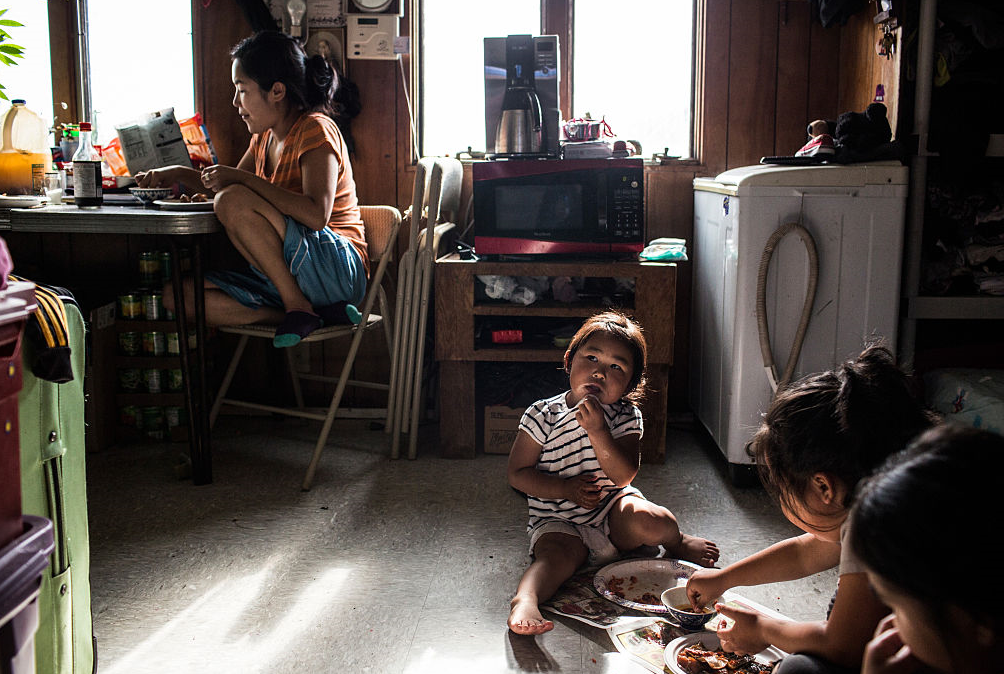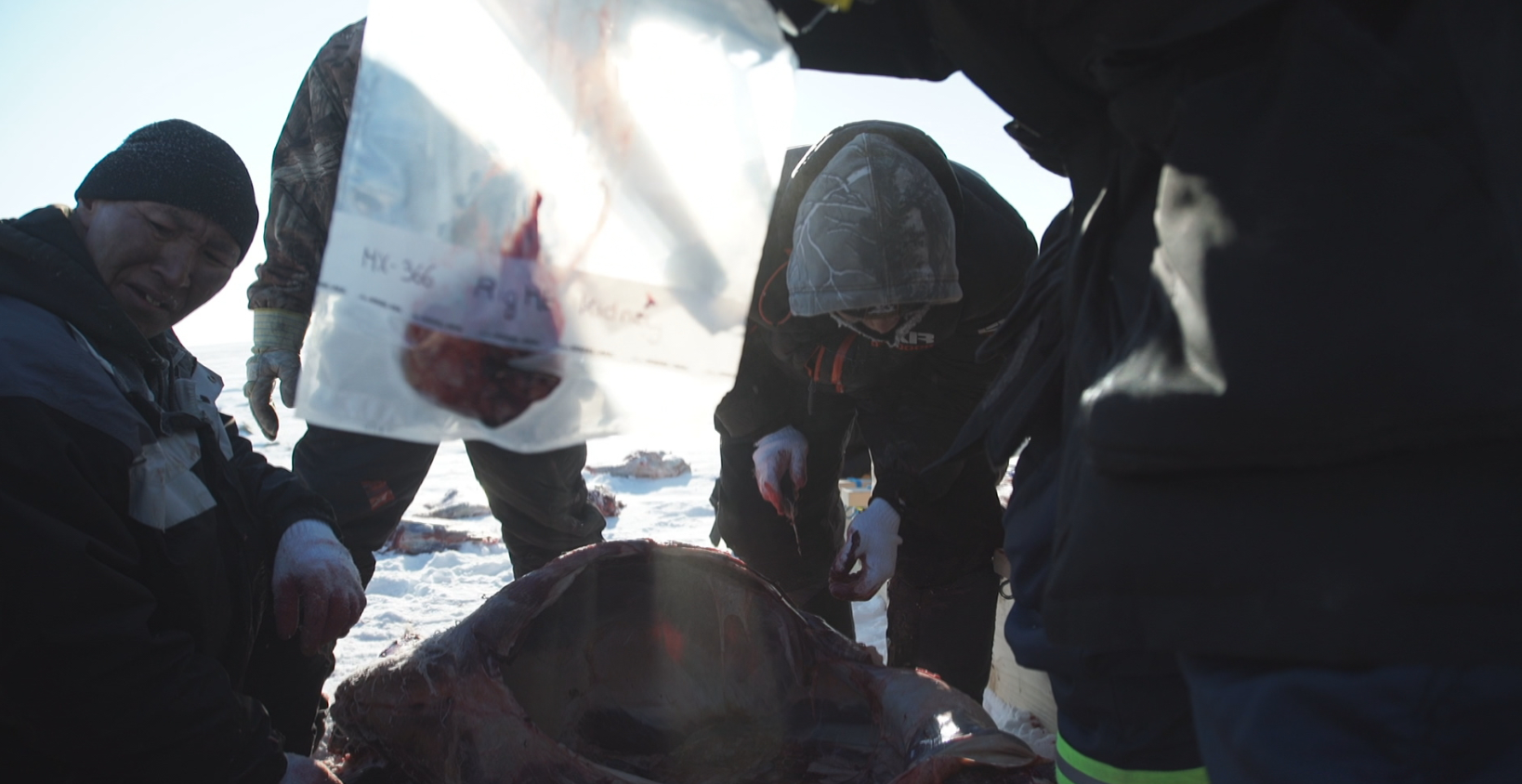American science foundation awards $500,000 to food security research in Indigenous communities

The National Science Foundation, an independent American federal agency, has awarded approximately $500,000 to research food security in Indigenous communities in the Arctic and the southwestern United States.
“It’s very exciting to really solidify connections between the Southwest and Arctic,” Colleen Strawhacker, principal investigator and researcher with the National Snow and Ice Data Center/Cooperative Institute for Research In Environmental Sciences (CIRES), said in a CIRES news release this month.
“This creates the opportunity for these Indigenous communities to have ownership of, and communicate about, their own data and knowledge.”
The new project is titled Networking Indigenous Arctic and U.S. Southwest Communities on Knowledge Co-Production in Data Sciences and will examine how environmental and social change are affecting food security in the North and South.
At the moment, the award is primarily with Alaskan and Canadian partners in the North, and Arizona and New Mexico partners in the South, but the project’s Indigenous partners will decide how the network will evolve, Strawhacker said in an email to Eye on the Arctic.
Incorporating perspectives often missing from research
Indigenous communities are generally underrepresented in scientific research, something the investigators hope to change with the new project by linking such communities with each other.
“These collaborations allow the communities to talk about their specific challenges and successes with securing food in their regions,” the news release said.
“It gives them arena in which to formulate and discuss possible future plans to address these challenges. Once those challenges are identified, those communities will work with one another to identify and build online tools for archiving and accessing critical data, to be used by Indigenous peoples and scientists alike.”
Data sovereignty, the right of Indigenous nations to control data collected from their people and their communities, will also be an important part of the project, “…to ensure knowledge and information held by Indigenous partners are shared and managed in an ethical way,” CIRES said.

Issues around food security in Canada’s remote northern regions are one of the most pressing Arctic issues in the country.
Long distances and the fact that many communities are fly-in only, mean fresh, healthy foods are hard to obtain, and food prices are often up to 10 time more expensive than in the southern part of the country.
Climate change is also increasingly affecting country food, the animals Inuit and First Nations rely on for their main diets.
Write to Eilís Quinn at eilis.quinn(at)cbc.ca
Related stories from around the North:
Canada: How two towns in the Canadian Arctic get their food, Blog by Mia Bennett
Denmark/Greenland: Researchers must be honest with Arctic peoples about food contaminants says doctor, Eye on the Arctic
Finland: Sami group occupies island in northern Finland to protest fishing rules, Yle News
Norway: The food crisis in the Far North, Barrents Observer
Russia: More than 800 000 reindeer to be vaccinated against anthrax in Russia, The Independent Barents Observer
Sweden: Demand ups Sweden’s reindeer meat prices, Radio Sweden
United States: Food insecurity in Alaska, Alaska Dispatch News



The 21st. century need to adapt to both changing lifestyle and climatic change in the Arctic.